Rajinikanth is a refreshing entrant and if he uses the BJP’s matrix to convince people that spirituality and religiosity can be an easy fit, then the TN battle just got interesting
Thursday, December 3, 2020, will remain etched in Tamil Nadu’s political history for decades to come. Around noon that day, reigning superstar of Tamil films, Rajinikanth, declared that he would contest all the 234 seats in the forthcoming Assembly election with his “spiritual” political party to be launched in early 2021. Significant because it took Rajinikanth three years to finalise and announce his political debut since the day he announced his intention to join the political bandwagon on December 31, 2017. And just when everybody had given up on him, he set the cat among the pigeons.
The film star was accompanied by his Man Friday Tamilaruvi Manian, a former chief of Tamil Nadu Congress Committee, who is also a well-known Gandhian, and Arjunamurthy, a hitherto unknown entity in Tamil Nadu politics.
This unsettled the binary between the All-India Anna Dravida Munnetra Kazhagam (AIADMK) and the Dravida Munnetra Kazhagam (DMK) as also the fringe groups that gravitate towards one or the other. And as Thalaiva said confidently, “It is now or never. We are going to change everything associated with Tamil Nadu and change them for good. If I win, it will be the victory of the people. If I lose, it will be their loss,” the polls certainly won’t be a predictable run anymore. The announcement by Rajinikanth had the same impact as that of October 1972 when the then matinee idol, M G Ramachandran, who was expelled from the DMK by the then Chief Minister, M Karunanidhi, declared the formation of the AIADMK. The political outfit launched by MGR was a refreshing experience for the voters, who were caught between the devil (DMK) and the deep sea (Congress). Politics was not the same in Tamil Nadu since then.
Rajinikanth has no political experience to speak about but he has a good image as a human being. Though many film personalities had launched political parties in the State after MGR, (Sarath Kumar, Sivaji Ganeshan, Vijayakanth, Kamal Haasan, to name a few) none of them could make any kind of impact among the voters till date. But there are reasons to believe that Rajinikanth is here to stay, provided his health remains stable.
The first reason is Tamilians are spiritual people and could, therefore, resonate with Rajinikanth’s humanism. Dravidian political parties, to be specific the DMK, had assured the voters of a casteless, rationalist and atheist Tamil society. Instead Tamil Nadu has become a caste-ridden society, where everything runs on the identity tags of caste, community, even sub-castes. The ground realities associated with the DMK and its offshoots are none too pleasant either. M Karunanidhi, who remained the DMK’s supreme leader for almost five decades, had been described by the Justice Ranjit Singh Sarkaria Commission (appointed by the Indira Gandhi-led Government) as the “father of scientific corruption.” And he made the DMK a family-run enterprise. The rationalist DMK may be the only political outfit in the country, which has an in-house bishop to spit venom against Hindus (Bishop Sargunam, the DMK’s official spiritual guide).
The DMK’s proposed casteless society never took off. Karunanidhi opted for the easy way out by designating all caste-based Hindu groups into Backward, Most Backward and Other Backward Communities. Disgusted with this degeneration, C Subramaniam, who was honoured with Bharat Ratna for making India self-sufficient in agricultural production through the Green Revolution, wrote: “I belong to the dominant community, Kongu Vellalar, with the caste appellation of Gounder. Kongu represents the region historically known as Kongunadu, consisting of the districts of Coimbatore and Salem and a part of Tiruchirappalli. The Kongu Vellalars own the real wealth, land and cattle and thus dominate the rest of the community. In independent India, our community is classified as a backward community.”
This is not an isolated case. The DMK ensured its dominant position among all castes by designating/classifying them as either backward, OBC or MBC. The paradox is that dominant communities like Thevar (to which late AIADMK chief Jayalalithaa’s aide Sasikala belongs), Vanniyar (Ramadoss), Mukkulathur, Mudaliyaar, Naicker , Maravar (the ruling clan of Ramanathapuram) enjoy the status of backward communities and are beneficiaries of reservation in educational institutions and Government service. This is a big fraud perpetrated on the population of Tamil Nadu by the Dravidian outfits, according to Prof R Vaidyanathan, retired professor of finance at IIM Bangalore, whose work, Caste As Social Capital, is proof of how the rationalist Dravidian entity turned Tamil Nadu into a caste-ridden society.
Rajinikanth is entering this wild and unknown turf with his spiritual politics, which the DMK and its associates are wary about. To understand what spiritual politics is, one should listen to Tamilaruvi Manian, who speaks about the role played by the legendary Kamaraj in making Tamil Nadu a transparent, humane and humble State. “Tamil Nadu was allocated 10 sugar factories during the tenure of Kamaraj as Chief Minister. It was the Japanese government which offered technical and financial aid to set up these factories. When the deal was finalised, the then industries minister, R Venkitaraman, went to Kamaraj and said that the Japanese consortium had given Rs 1 crore as commission for setting up the plants. Each plant was set up at a cost of Rs 1 crore and what was offered to the Chief Minister as commission was 10 per cent of the total investment. Kamaraj asked Venkitaraman how much it would cost to set up one sugar factory to which the latter replied, ‘Rs 1 crore.’ The Chief Minister asked Venkitaraman to tell the Japanese to set up one more factory so that Tamil Nadu could get 11 sugar factories. This was recounted by N Kalyanasundaram, a close aide of Kamaraj for decades.” Kolahala Srenivasan, political commentator, describes this as embodying the spiritual politics of Rajinikanth.
Even before the star’s announcement, leaders of fringe parties claimed that he would not be able to make an impact. “He will not be able to act independently. The BJP wants to enter the State through him. He will be another face of the BJP and will act that way,” said Thol Thirumavalavan, VCK leader. Questions are being asked about his prospective alliance partners. “But these things can wait and let Rajinikanth himself take a call on this. The issue is that Tamil Nadu politics has undergone a major shift with his decision,” said S Gurumurthy, editor Tughlaq, and long time friend of the actor.
The truth is that both the DMK and the Congress are upset over the development and it is reflected in the words of state Congress president K S Alagiri: “There is no point in commenting on his decision since it is not going to benefit the people.” The Congress leader’s words were echoed by CPI(M)’s K Balakrishnan. “The kind of politics he is advocating will not cut ice with people,” he said.
Till December 3, 2020, there was a perception that the DMK would have a cakewalk over its rivals. But experts feel that what Rajinikanth has told the electorate, that instead of focussing on who the winner of the 2021 Assembly election will be, they should give importance to who should not win the election, is significant. The message is clearly to change the status quo and make a moral choice.
The Vetrivel yatra undertaken by the BJP, which concluded at the Thiruchendur Lord Muruga Temple on Monday, went unnoticed by the media. But it showed that Hindutva has found some takers. DMK chief M K Stalin worsened matters tactically when he said “Sanatana Dharma” was more dangerous to India than the threats from China and Pakistan. The BJP would, therefore, find Rajinikanth’s “spiritual” tag attractive to latch on to.
Interestingly, Tamil Nadu’s fortunes were decided not by chaste Tamils but by the Kerala-born MGR, the Mysore-born Jayalalithaa and Karunanidhi whose mother tongue was Telugu. Even the self-styled protector of Tamil culture, Vayyapuri Gopalasamy, popularly known as Vaiko, is a Telugu Naidu. So there is nothing surprising in the Maharashtrian-born Rajinikanth claiming legitimacy.
There is enough space in Tamil Nadu politics for a charismatic leader after the deaths of Karunanidhi and Jayalalithaa. The 2014 Lok Sabha poll saw the NDA poll more than 19 per cent votes in the State, dominated till then by the DMK and the AIADMK, though it failed to consolidate in 2019 as the DMK swept the results. But Rajinikanth is a refreshing experience and if he uses that and the BJP’s organisational matrix, or can convince people that spirituality and religiosity would be an easy fit, then the Tamil Nadu battle just got interesting.
(The author is a senior journalist, The Pioneer)







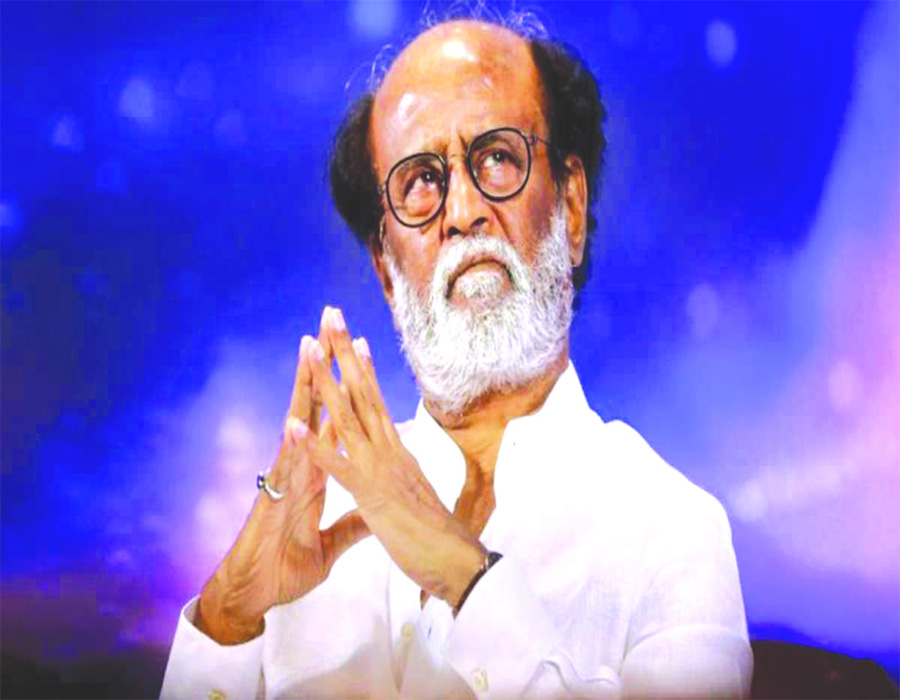
 OpinionExpress.In
OpinionExpress.In
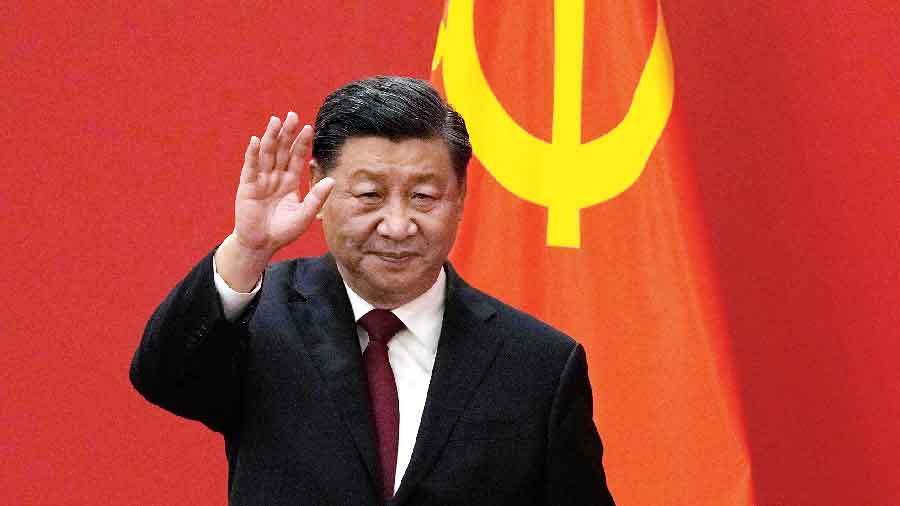

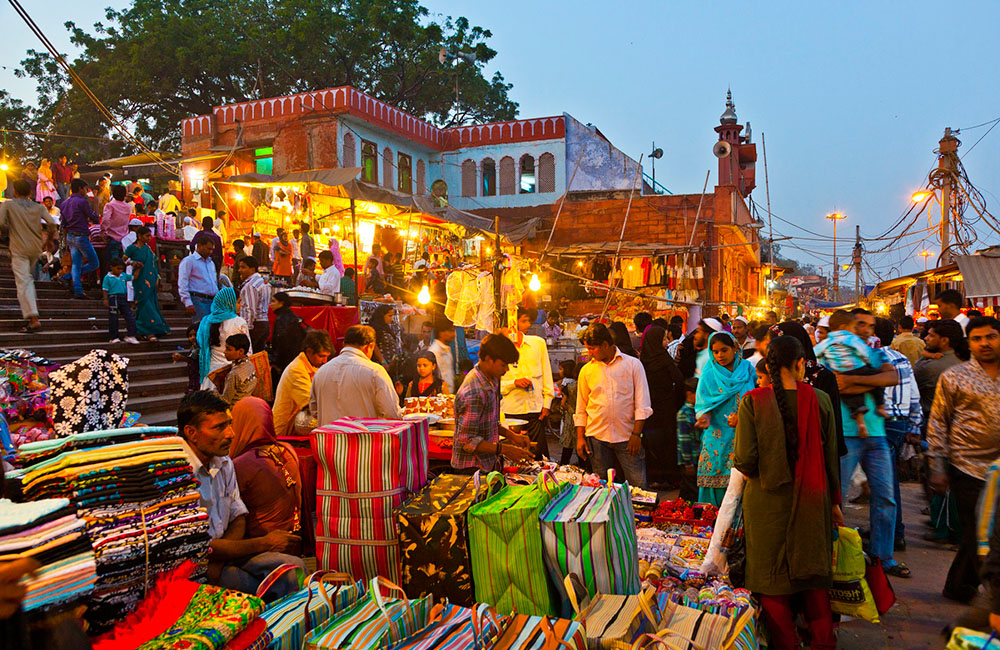
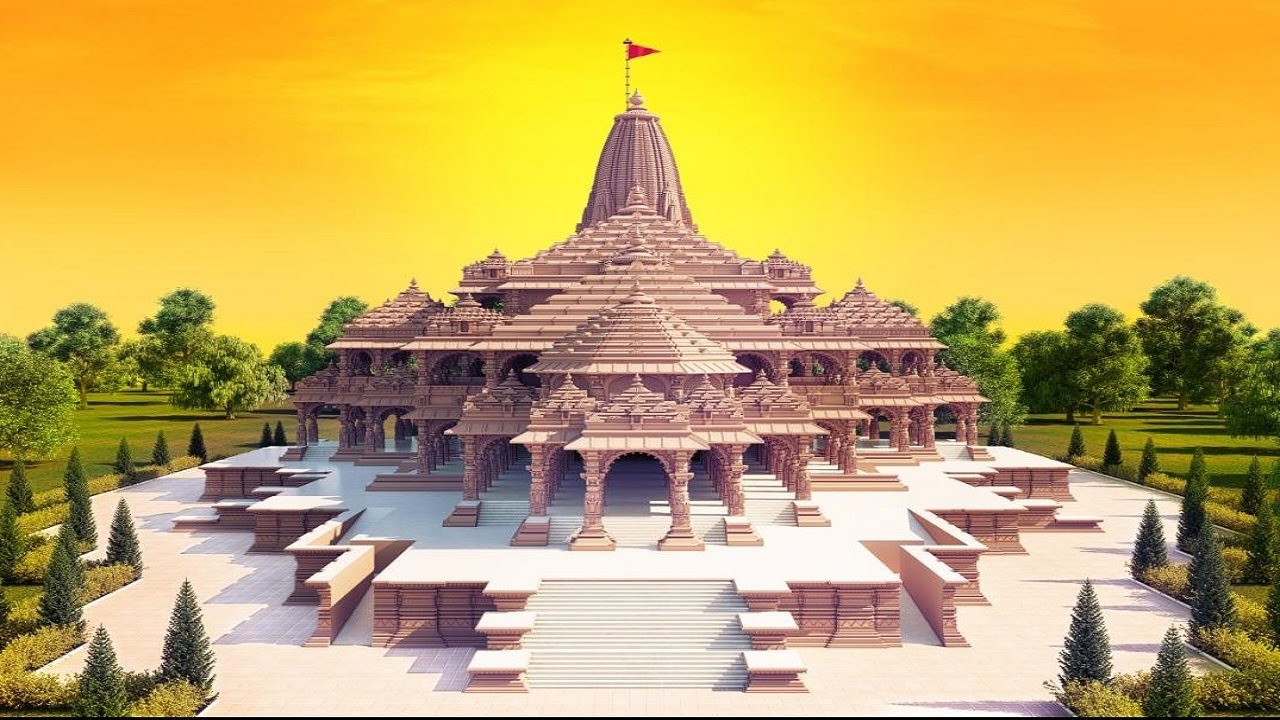
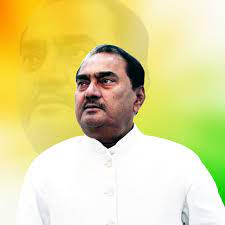
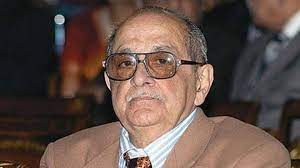
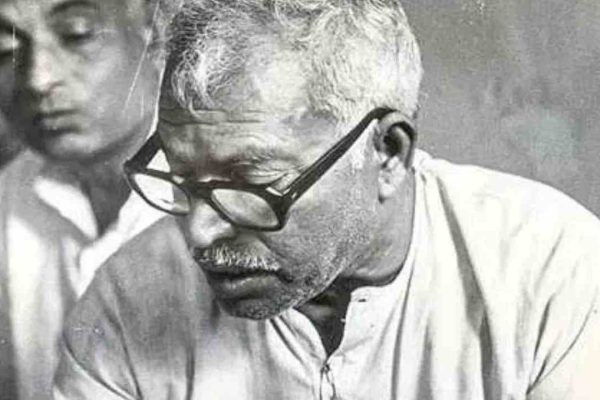
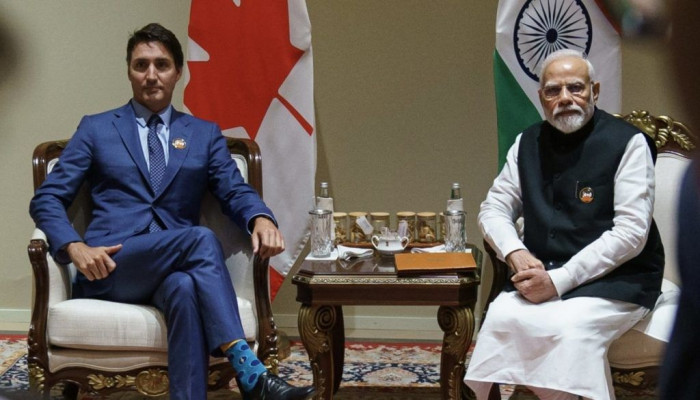
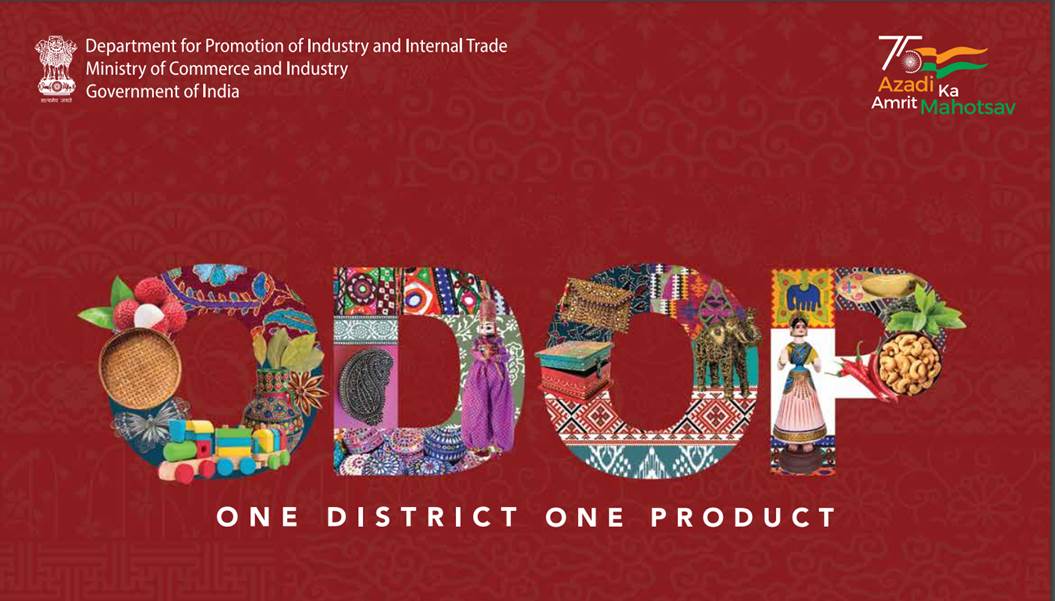






Comments (0)